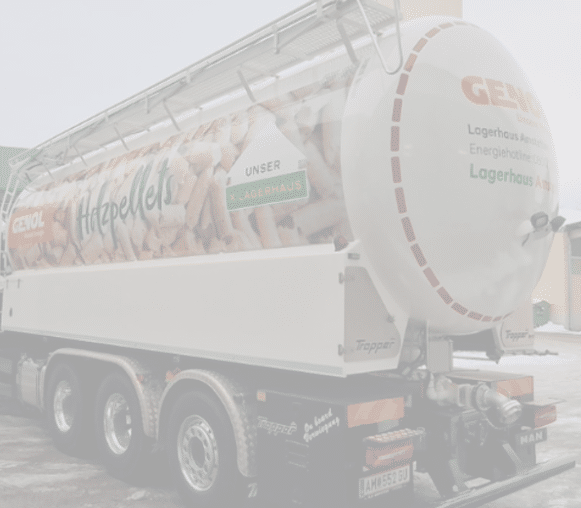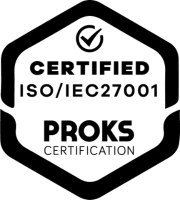The future of retail logistics is digital and green
Retail logistics faces complex challenges. Global supply chains require the integration of diversified modes of transport, with real-time tracking and control. Warehouse management and inventory optimization require agile systems in order to be able to react to fluctuations in demand. Customs and export controls require precise documentation and compliance, while the last mile is becoming more flexible due to urbanization and customer demands. Environmental protection remains a key issue as sustainable practices and carbon-neutral options are increasingly demanded by customers and legislators. In order to solve these challenges, the implementation of innovative planning and optimization solutions is essential.
Agile transport solutions for future-oriented companies
Intelligent algorithms for the retail world of tomorrow
Reach-controlled deliveries & VMI
The software specifically optimizes delivery based on data from production and the warehouse. It ensures on-time deliveries, minimizes transportation costs and improves customer satisfaction through efficient planning and adaptation to dynamic market conditions.

Line haul optimization
The software for optimizing main transport routes is transforming logistics in the retail sector. Through smart load planning combined with innovative fleet and route management, it reduces costs, improves transport efficiency and ensures faster deliveries. An effective method to make the movement of goods cost-effective.

Optimization of land transport and sea freight containers
Our algorithm increases the efficiency of everything from pallets to sea freight containers, takes special loads into account and optimizes stackability. Automated transport planning reduces truck deployments through intelligent load consolidation.

Palletizing
The innovative palletizing software uses sophisticated algorithms for optimal placement of products on pallets. This technology increases space efficiency and load safety, reduces shipping costs and effectively meets the needs of a dynamic logistics environment.

Load space optimization
The software uses advanced algorithms to optimize loading from pallets to containers, including the handling of specialty loads and their stackability. It refines the planning of timeslots and minimizes truck trips through proactive load consolidation.

Tour planning
Our software perfects route planning by taking into account costs, use of resources, legal framework and waiting times. By integrating multi-stop planning and flexible order distribution, it reduces travel times and distances, adapts to difficulties and optimizes shuttle traffic.

Optimal tariff choice
The software identifies the optimal transport method and the cheapest carrier for FTL, LTL, FCL, LCL, cross-docking or regional freight forwarding services. It uses a variety of planning criteria to configure transports to save as much money as possible.

Automated planning of replenishment
Our automated replenishment planning in retail logistics optimizes the replenishment process. It ensures efficient inventory levels, minimizes storage costs and ensures products are always available to meet customer demand.

Less transports
Less transports
Lower costs & CO2 emissions
Relief for employees
Perfect operational use of the transport network
Increased visibility in the supply chain
TCO costs as a sweet spot in the supply chain
Information about necessary transport capacities from MRP
Cost optimization of strategic transport tariffs
Supplier portal for networking suppliers and freight forwarders
Avoiding backorders
Standardized planning process including PDF pickup sheets

Optimized pellet delivery at Unser Lagerhaus
An advanced planning system automates pellet delivery at Unser Lagerhaus, optimizes routes and travel times, integrates customer requests and reduces paperwork. This improves efficiency, customer satisfaction and contributes to environmental friendliness by reducing fuel consumption.
Save CO2 with smart algorithms
Our application optimizes the utilization of truck transport capacity to enable more efficient distribution of goods, which leads to a reduction in unnecessary trips and thus a reduction in CO2 emissions. By implementing a holistic planning strategy that follows lean management principles, we reduce the consumption of resources in the areas of warehousing and production. This approach not only increases the efficiency of operational processes, but also makes a significant contribution to promoting sustainability and reducing CO2 emissions.
